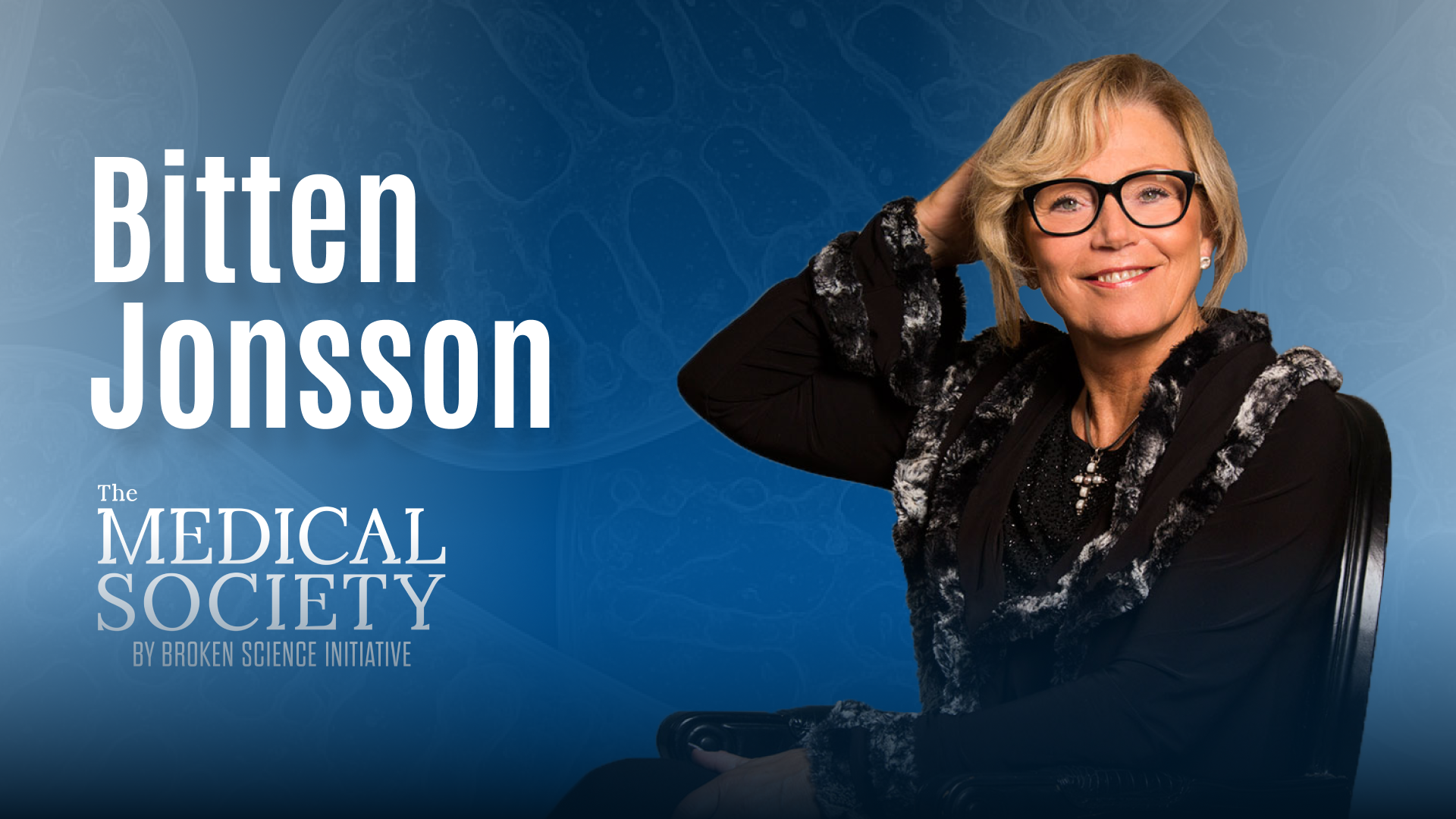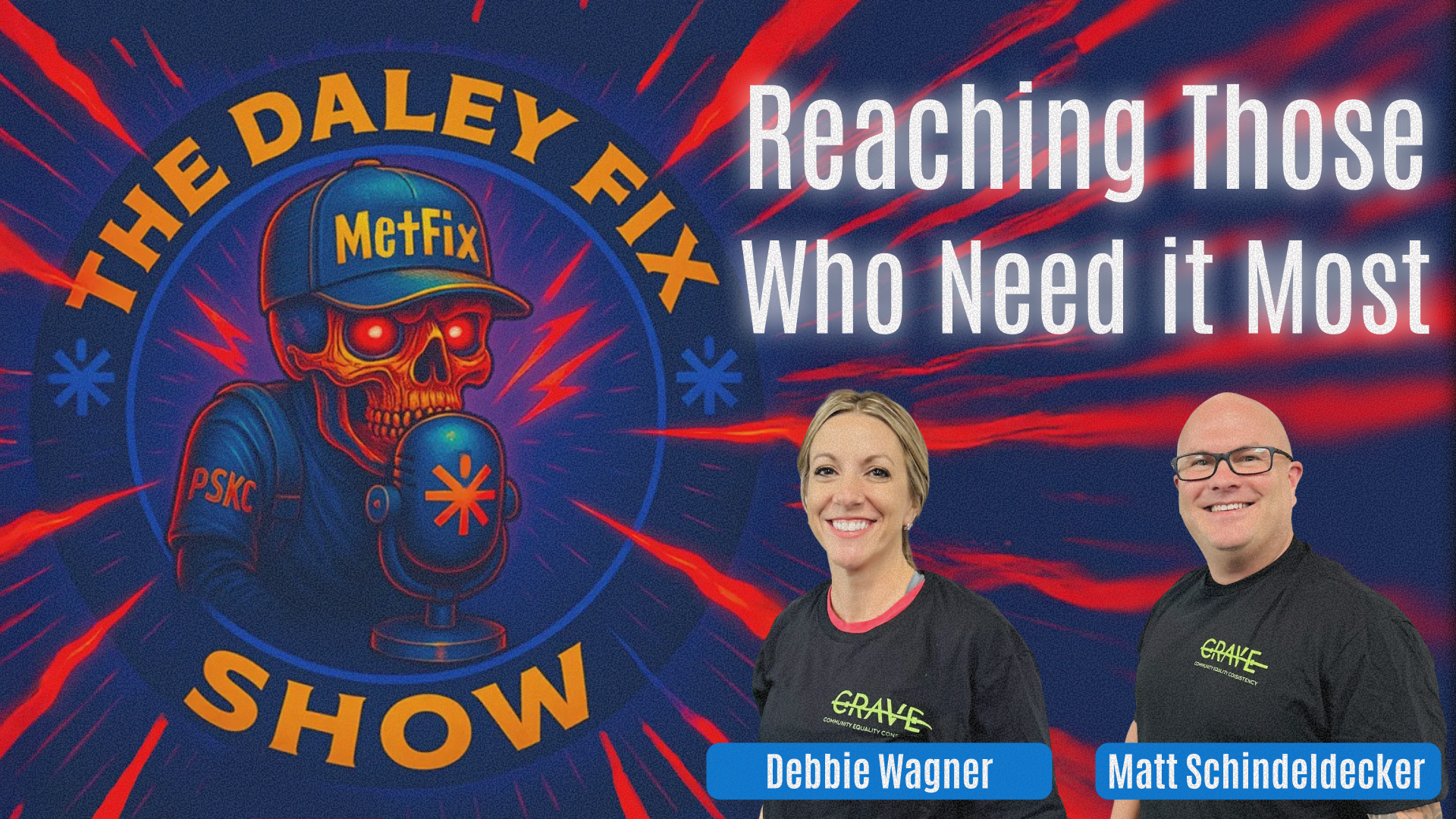In Episode 4 Emily speaks with Jay Bhattacharya. Jay is a Professor of Medicine at Stanford University, who focuses much of his research on the economics of health care. He was a voice of reason in the early days of the COVID-19 pandemic, first questioning the severity of the virus, then following up with his Santa Clara study, revealing the virus’s existing prevalence, drastically decreasing the perceived death rate from the disease.
Bhattacharya holds both an MD from Stanford and a Ph.D. in economics, making him uniquely adept in understanding trade-offs in healthcare. Some of his early works focused on the healthcare costs related to obesity, revealing that obese workers bear the costs of their higher healthcare usage through lower wages in jobs with health insurance.
During the COVID-19 pandemic Jay opposed lockdowns and other public health measures, which sparked significant controversy, including personal attacks and institutional pressure, such a “fact-finding” investigation by Stanford, his employer. He later co-authored the Great Barrington Declaration, which advocated for focused protection of vulnerable populations rather than blanket lockdowns. The Declaration faced swift backlash from public health authorities like Anthony Fauci and Francis Collins, as well as censorship by tech companies.
Through it all, Bhattacharya holds true to his belief in the importance of critical thinking, intellectual honesty, and the willingness to challenge authority, particularly in times of crisis. He’s found freedom in standing by his principles despite professional and personal attacks.
LISTEN AS A PODCAST
The art and science of changing our collective conversation. This critical thinking project highlights the people who are smart enough to see the problem AND brave enough to expose it. The show pays homage to those who dare to challenge conventional wisdom.
Support the Broken Science Initiative.
Subscribe today →
One Comment
Leave A Comment
You must be logged in to post a comment.
recent posts
What Addiction Medicine Missed – and What Bitten Jonsson’s Work Reveals
The Daley Fix with Matt Shindeldecker & Debbie Wagner



This was a great interview! It was good to take a look back at scientific misconduct of 2020 to hopefully prevent this from happening again. Or at least so I don’t fall for taking experimental drugs and adopt unscientific measures.
Thank you both